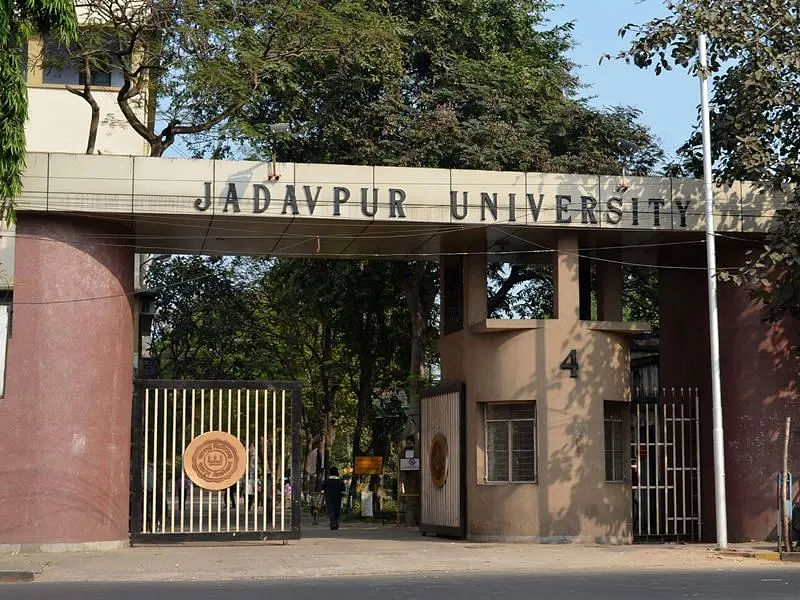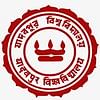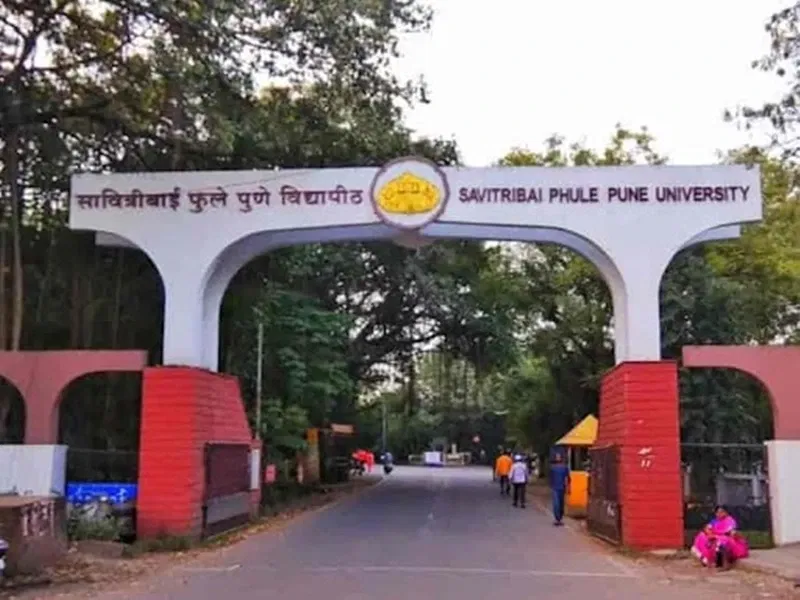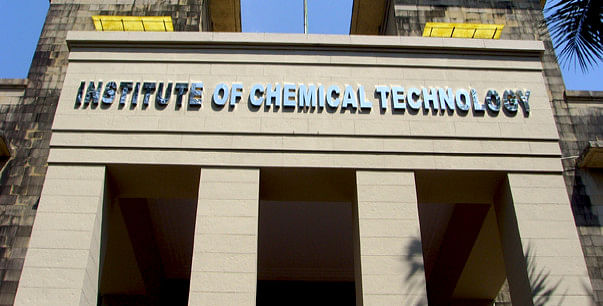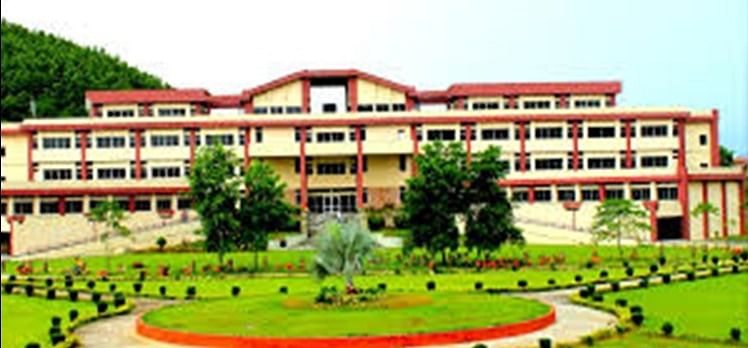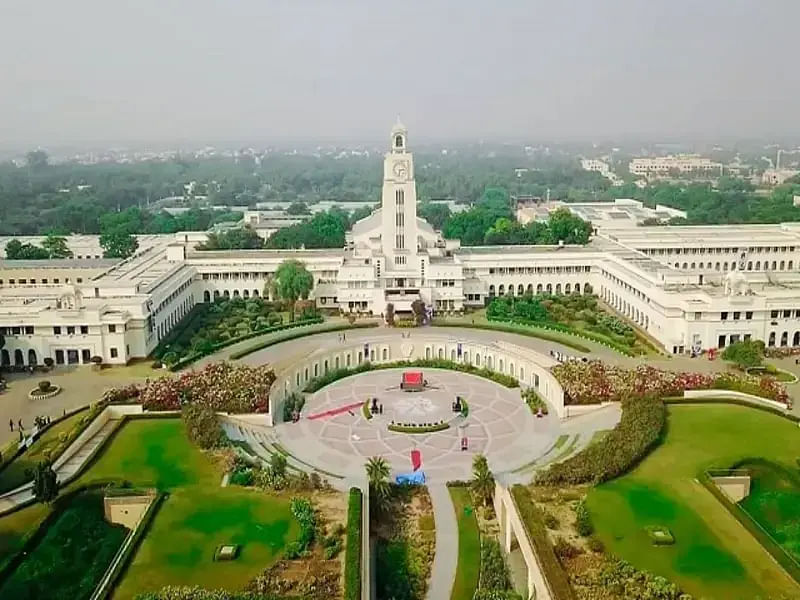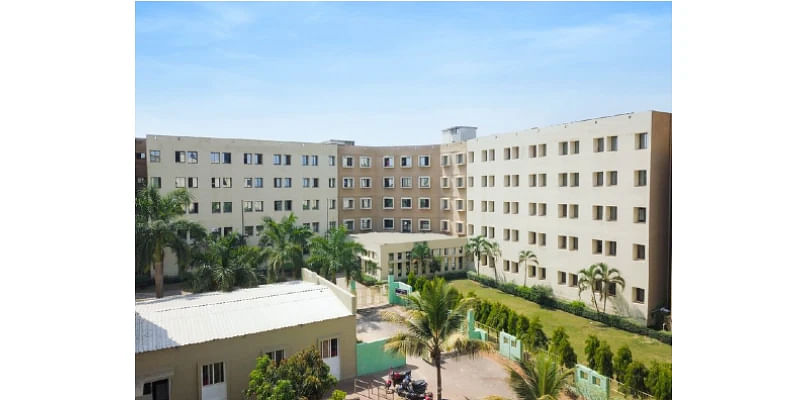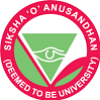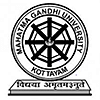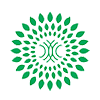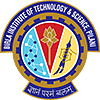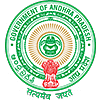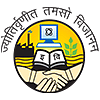B.Pharm 2nd Year Syllabus: Subjects List, Electives & Practicals

B.Pharm 2nd year syllabus deals with the study of concepts and principles of pharmacy through core topics like pharmaceutical chemistry, pharmacology, pharmaceutical microbiology, pharmaceutical engineering, etc. The B.Pharm course is designed to equip students with research, pharmaceutical science, regulatory affairs, etc., along with learning about emerging pharmaceutical technologies.
The B.Pharm syllabus also covers practical units such as drug formulation and compounding in Pharmaceutical Organic Chemistry-II practical, evaluating effects of drugs on living organisms in Pharmacology-I practical, sterility testing in Pharmaceutical Microbiology practical, etc., in 2nd year.
Table of Content
- B.Pharm 2nd Year Syllabus
- B.Pharmacy 2nd Year Subjects
- B.Pharm 2nd Year Question Paper Marking Scheme
Also Check: B.Pharm 1st Year Syllabus
B.Pharm 2nd Year Syllabus
B.Pharm second-year syllabus integrates academic knowledge with practical experience, including laboratory work, to prepare students for jobs in community, hospital, and industrial pharmacy. B.Pharm 3rd semester syllabus focuses on fundamentals of pharmaceutical manufacturing, drug action, and technical writing skills.
B.Pharm 4th semester syllabus provides more advanced knowledge on pharmaceutical technology, and medicinal chemistry along with clinical pharmacy and ethical considerations. Below mentioned is the detailed syllabus for B.Pharmacy 3rd & 4th semesters:
|
Semester III |
Semester IV |
|
Pharmaceutical Engineering |
Pharmaceutical Organic Chemistry-III |
|
Pharmaceutical Microbiology |
Advanced Physical Pharmaceutics-II |
|
Fundamentals of Physical Pharmaceutics-I |
Basics of Pharmacology-I |
|
Pharmaceutical Organic Chemistry-II |
Basics of Pharmacognosy-I |
|
Practicals/Lab Work |
Medicinal Chemistry-I |
|
- |
Practicals/Lab Work |
B.Pharmacy 2nd Year Subjects & Topics Covered
The B.Pharm 2nd year subjects give an in-depth knowledge about pharmacology, pharmaceutics, pharmaceutical analysis, pharmaceutical chemistry, etc. The syllabus is divided into third and fourth semesters including theory and practical subjects covering laboratory work related to mechanisms of drug action, drug formulation, analysis, and testing.
Below given is B.Pharma third and fourth semesters subjects in detail:
B.Pharm 3rd Semester Subjects in Detail
B.Pharmacy 3rd sem syllabus covers topics like chemical and biological aspects of drugs, their analysis and quality control, legal aspects of the pharmaceutical industry, etc. Below listed are B.Pharm 3rd semester subjects in detail:
|
B Pharm 3rd Sem Subject |
Topics Covered |
|
Pharmaceutical Engineering |
Role of Engineering in Drug Manufacturing and Production, Pharmaceutical Manufacturing Process, Plant Design, Fourier’s |
|
Pharmaceutical Microbiology |
Scope and History of Microbiology, Prokaryotes and Eukaryotes Basics, Classification of Ultra-Structure and Morphological Bacteria, Types of Spoilage, Microbial Validation and Qualification, Regulatory and Compliance Aspects, etc. |
|
Pharmaceutical Organic Chemistry- II |
Concept of Phenols, Aromatics Acids, Aromatic Amines, Cyclo Alkanes Fundamentals, Peptide and Protein Chemistry, Structure and Medicinal Uses of Naphthalene, etc. |
|
Concept of Physical Pharmaceutics- I |
Drug Molecule Physicochemical Properties, Sorensen’s PH Scale, Solid State Properties of Drugs, Liquid Interface, Pharmaceutical Emulsions, and Suspensions, Classification of Complexations, etc. |
B.Pharmacy 4th Semester Subjects in Detail
B.Pharm 4th sem syllabus focuses on various aspects of pharmaceutical sciences, including pharmacology, pharmaceutical analysis, biopharmaceuticals, pharmacokinetics, etc.
Below listed are B.Pharm 4th semester subjects in detail:
|
B.Pharmacy 4th Sem Subjects |
Topics Covered |
|
Concept of Physical Pharmaceutics- II |
Dissolution Kinetics, Interfacial Phenomena, Stability of Pharmaceuticals, Micromeritics and Powder Flow, Diffusion and Permeability, etc. |
|
Basics of Pharmacology- I |
Definition and Scope of Pharmacology, Study of Drug Absorption and Distribution, Pharmacodynamics, Understanding Various Dosage Forms: Tablets, Capsules, Pharmacy Dispensing Practice, etc. |
|
Basics of Pharmacognosy-I |
Pharmacognosy Historical Development, Plant Morphology and Anatomy, Extraction and Isolation Techniques, Types of Medical Plants, Role of Pharmacopoeia, etc. |
|
Pharmaceutical Organic Chemistry- III |
Basics of Optical Isomerism, Nomenclature of Geometrical Isomers, Reactions of Synthetic Importance, Aromatic Compounds and Aromaticity, Analytical Methods in Organic Chemistry, etc. |
|
Medicinal Chemistry-I |
Overview and Importance of Structure-Activity Relationships (SAR), Drug Design and Optimization, Nature of Chemical Bonds, Understanding Drug Development Process, Concept of Cheminformatics, Drug Metabolism Principles of Phase 1 and Phase 2, etc. |
Also, Check:
B.Pharmacy 2nd Year Practical Subjects
Students of B.Pharm in their second year need to study practical topics or do lab work to understand drug formulation, quality control, and other aspects of pharmaceutical research and development and pharmaceutical science.
Below listed are a few practical topics covered in B.Pharm second year syllabus:
|
3rd Semester Practical Subjects |
4th Semester Practical Subjects |
|
Pharmaceutical Organic Chemistry-II |
Dosage Form Development |
|
Pharmaceutical Microbiology Lab Work/Practical |
Medicinal Chemistry-I |
|
Physical Pharmaceutics-I Practical/Lab Work |
|
|
Pharmaceutical Engineering |
B.Pharm 2nd Year Question Paper Marking Scheme
Students are evaluated in the second year on the basis of internal assessment, which is classified into Class Tests and Teacher’s Assessment, and End Semester Examinations. The total marks per subject is 100, where 25 marks are for internal assessment and 75 marks for end semester examination.
Below listed is the marking scheme for the third and fourth semesters of the BPharmacy syllabus:
B.Pharm 3rd Semester Marking Scheme
Below listed is the B.Pharm 3rd Sem syllabus Marking Scheme for the theory and practical subjects covered:
|
Subjects |
Internal Assessment |
End Semester Examination |
Total Marks |
|
Organic Pharmaceutical Chemistry-II |
25 |
75 |
100 |
|
Basics of Physical Pharmaceutics-I |
25 |
75 |
100 |
|
Microbiology Pharmaceutical Concepts |
25 |
75 |
100 |
|
Fundamentals of Pharmaceutical Engineering |
25 |
75 |
100 |
|
Organic Pharmaceutical Chemistry-II (Lab/Practical) |
15 |
35 |
50 |
|
Basics of Physical Pharmaceutics-I (Lab/Practical) |
15 |
35 |
50 |
|
Pharmaceutical Microbiology (Lab/Practical) |
15 |
35 |
50 |
|
Pharmaceutical Engineering (Lab/Practical) |
15 |
35 |
50 |
B.Pharm 4th Semester Marking Scheme
Below listed is the B.Pharm 4th sem syllabus marking scheme for the theory and practical subjects covered:
|
Subjects |
Internal Assessment |
End Semester Examination |
Total Marks |
|
Organic Pharmaceutical Chemistry-III |
25 |
75 |
100 |
|
Concept of Pharmacology-I |
25 |
75 |
100 |
|
Fundamental of Medi Clinical Chemistry-I |
25 |
75 |
100 |
|
Phytochemistry and Pharmacognosy-I |
25 |
75 |
100 |
|
Pharmacology-I (Lab/Practical) |
15 |
35 |
50 |
|
Fundamental of Medi Clinical Chemistry-I (Lab/Practical) |
15 |
35 |
50 |
|
Phytochemistry and Pharmacognosy-I (Lab/Practical) |
15 |
35 |
50 |
|
Lab Work for Pharmaceutics Physical-II (Lab/Practical) |
15 |
35 |
50 |
B.Pharm 2nd Year Syllabus Reference Books
Students can refer to B.Pharmacy second year books to gain a better understanding of pharmacy and pharmaceutical sciences. Students can also download B.Pharmacy syllabus 2nd year pdf from the university or college website to know more about the reference books.
Below listed are a few important books for 2nd year BPharmacy syllabus:
|
Book |
Author |
Topics Covered |
|
Pharmaceutical Microbiology |
Ashutosh Kar |
Basics Principles of Microbiology, Characteristics of Microorganisms and their Classification, Good Manufacturing Practices, etc. |
|
Heterocyclic Chemistry |
RK Bansal |
Definition and Classification of Heterocycles, Reactivity of Heterocycles, Spectral Analysis of Heterocycles, etc. |
|
Disinfection and Sterilization- Theory and Practice |
Sykes G, E & F.N. Spon Ltd |
Microbiology and Microbial Inactivation, Types of Disinfectants and Sterilants, Methods of Disinfection and Sterilization, etc. |
|
Industrial Microbiology |
Butterworths Rose |
Microbial Physiology and Genetics, Fermentation and Bioprocess Technology, Waste Management and Environmental Microbiology, etc. |
Top B.Pharmacy [Bachelor of Pharmacy] Colleges
Top Pharmacy Entrance Exams
B.Pharmacy Fee Structure
FAQs on B.Pharmacy 2nd Year Syllabus
Q: What can I learn in laboratory sessions in the B.Pharm second year curriculum?
Q: How many credits are in total for B.Pharm second year syllabus?
Q: What is the role of pharmacology in the B.Pharmacy second year syllabus?
Q: What are the subjects in B.Pharma 2nd year?


